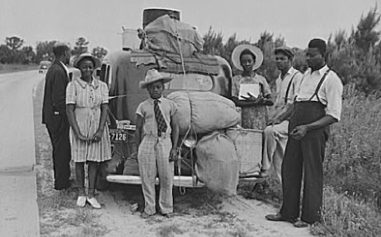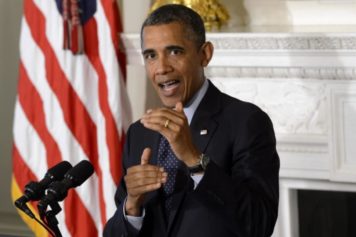
Senegalese entrepreneur Adama Kane created the JokkoSante app to help patients save money on drugs while tackling the sale of counterfeit medications. (Photo by IT Web)
With the circulation of expired and counterfeit drugs on the rise, countries in West Africa have taken strides to keep the dangerous meds off the market. A recently launched start-up is now looking to help the cause by putting control in the hands of patients to prevent them from risking their lives to stay well.
JokkoSante, a Senegalese health start-up founded by social entrepreneur Adama Kane, organizes the collection of unused and expired drugs from people who are then awarded points that can be used to obtain other medicines in the future, according to the Agence France Presse. The launch of the new “virtual pharmacy” preceded an announcement by the 15-member Economic Community of West African States earlier this year to open a region-wide investigation into counterfeit drug trafficking.
Kane noted how traffickers of bad medicine tend to prey on the world’s most vulnerable and poor populations, particularly those facing high health care costs and a lack of insurance. He also pointed to the fact that hoards of perfectly good drugs go unused by people who can afford medication.
“Everyone has a box of unused medicine in their cabinet,” Kane told IT Web. “The idea is to create a medicine box for the whole community. Most health programs are focused on providing care, but there hasn’t been any ambitious project yet to address the accessibility of medicine.”
To work the app, users simply create an account and manage the points they’ve collected via their cellphone. AFP reported that for those still too poor to afford necessary medicine, JokkoSante made deals with big-name sponsors like phone company Sonatel to help cover the costs of providing patients with free drugs.
Data collected by Kane’s app showed that over 70 percent of health-related expenses in rural Senegalese households goes toward medication. Moreover, nearly half the nation’s population doesn’t half health insurance.
Thanks to JokkoSante, however, app users are now able to get their hands on necessary drugs to keep themselves well. CNN reported that since its launch two years ago, the app has safely exchanged nearly $4,000 worth of medicines.
“My family and I no longer have problems getting medication,” said JokkoSante user Marie Gueye, who hands in her expired asthma medication at a health center in Central Senegal. “All we have to do is come here and collect the points,” she told AFP.
Not only are West African officials worried about the excess of unused drugs but also the trafficking of fake drugs.
Data from the Paris-based International Institute of Research Against Counterfeit Medicines revealed that fake drugs from China and India are prevalent West African markets. In fact, a joint IRACM and World Customs Organization bust of medical supplies at 16 African ports last year produced nearly 113 million items of fake medication, 5,000 medical devices and even some veterinary products, according to the French news agency.
“Fake drugs are usually bought by the most vulnerable sections of society,” Kane said.
The businessman’s start-up is slowly taking off and has since inspired similar apps aimed at tackling counterfeit drug trafficking all while helping patients save money on the medicines they need. AFP reported that mPedigree, a Ghanaian start-up that records data on maps to show where fake drugs are being sold, has been adopted as an industry-wide standard by the Pharmaceutical Society of Ghana.
The Senegalese government is currently considering a nationwide roll-out of the JokkoSante app.

